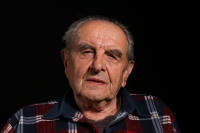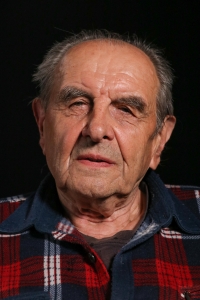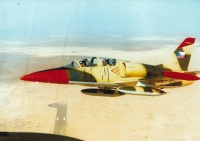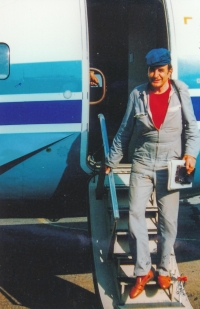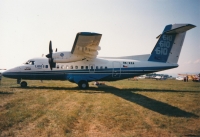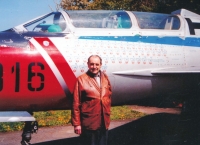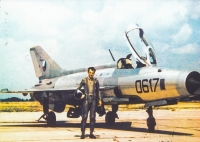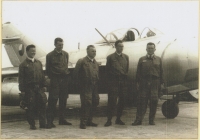That the Soviets bombed us? That was unimaginable

Download image
Pilot and aircraft designer Emil Přádný was born on 28 June 1937 in Prague. However, the family soon moved to Mladá Boleslav, where his father, Emil Přádný Sr., got a job as a technician at Škoda factory. As an eight-year-old boy, Emil Přádný witnessed the bombing of Mladá Boleslav on 9 May 1945, when he was playing with his friends on a hillside near his home. He graduated from the aviation technical school in Prague and then he trained as a pilot in Prostějov. After completing the apprenticeship, he chose the specialization of a reconnaissance fighter pilot and started to work at the Mladá airfield near Milovice. In 1963 he got the opportunity to study aircraft construction at the Military Academy in Brno. In Mladá at Milovice he experienced the August 1968 occupation, when the airport was occupied by Soviet troops. His unit was moved to the airport in Pardubice. During the political screening at the beginning of normalization, Emil Přádný was expelled from the Communist Party of Czechoslovakia, which meant the end of his career in the army. He voluntarily returned to civilian life and worked as a test pilot for the Aviation Research Institute. Later he became a journalist in the field of aviation, publishing a number of technical articles. In 2017, along with other aviation experts, he received the Chamber of Deputies subcommittee award for lifetime contribution to his field.
